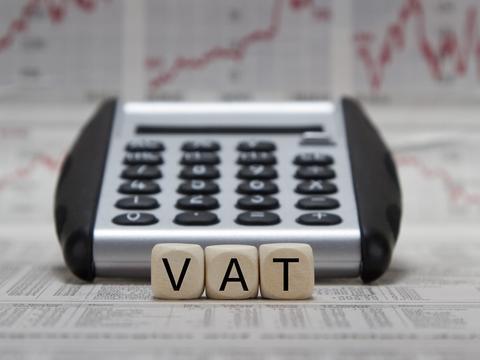New reporting requirement for FRS businesses
New reporting requirement for FRS businesses

HMRC’s latest Business Brief sets out the new rules which will apply for VAT return periods commencing on or after 1 June 2022.
The change is needed to correct HMRC’s previous guidance regarding FRS-registered businesses that used postponed accounting for imports rather than paying VAT at the point of entry to the UK. Previously HMRC's guidance was to include the value of imports in their FRS turnover, whereas the legislation says it should be excluded. As a result, many businesses have underpaid VAT, while some have overpaid. The good news is that HMRC is not asking businesses to repay any VAT that has been underpaid as a result of its earlier guidance but will allow those that overpaid to claim a refund.
All FRS-registered businesses using postponed accounting must from the beginning of June 2022 exclude the value of imported goods from their turnover liable to the FRS rate. Instead, they must work out the VAT payable at the normal rate applicable to the goods and include this amount in Box 1 of their returns.
Related Topics
-
Simpler Recycling rules take effect
New rules on how workplaces must sort their waste and recycling have taken effect from 31 March. What are the key changes to be aware of?
-
New CGT reporting tool
Self-assessment returns aren’t set up for the change in capital gains tax (CGT) rates on the government filing system and will require a manual adjustment for 2024/25 to ensure the correct amount is paid. Why is there a problem and can a new online tool help?
-
MONTHLY FOCUS: THE ENTERPRISE INVESTMENT SCHEME QUALIFYING CONDITIONS
The enterprise investment scheme (EIS) is a generous collection of tax reliefs aimed at encouraging private investment into relatively young companies. In this Focus, we look at the qualifying conditions relating to the investor and the issuing company that must be met in order for a claim for relief to succeed.